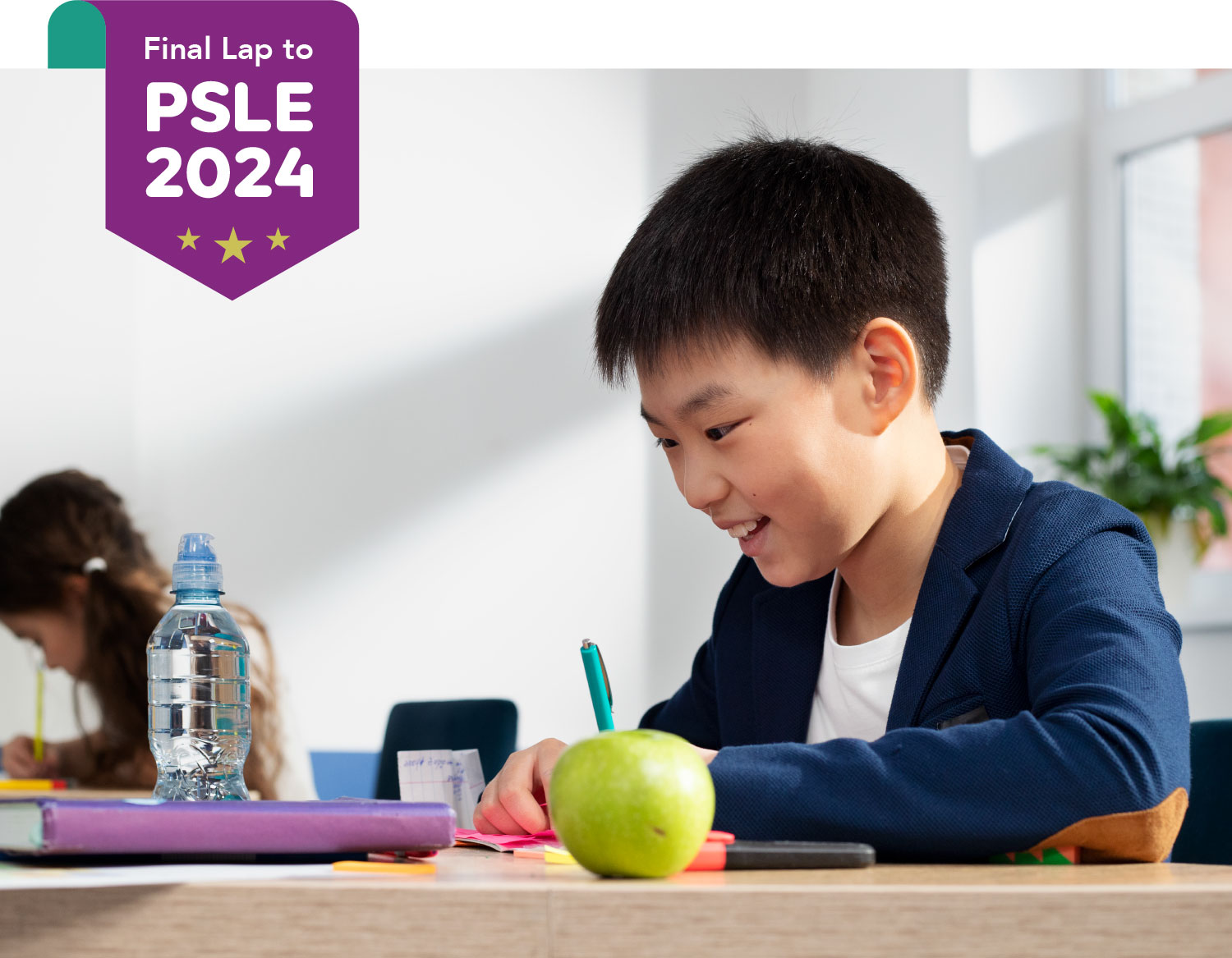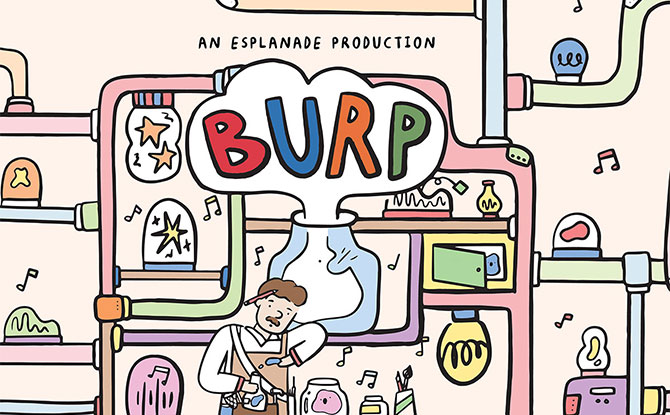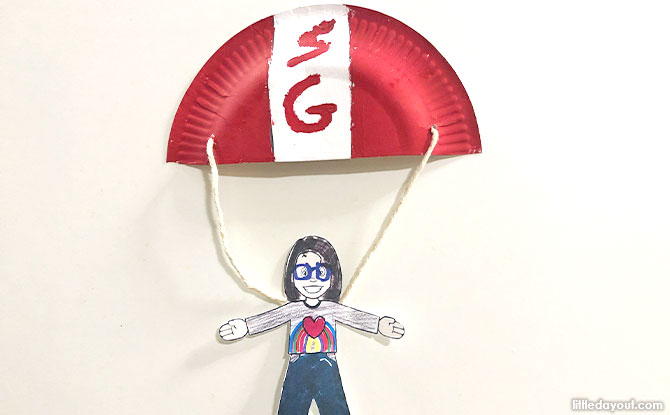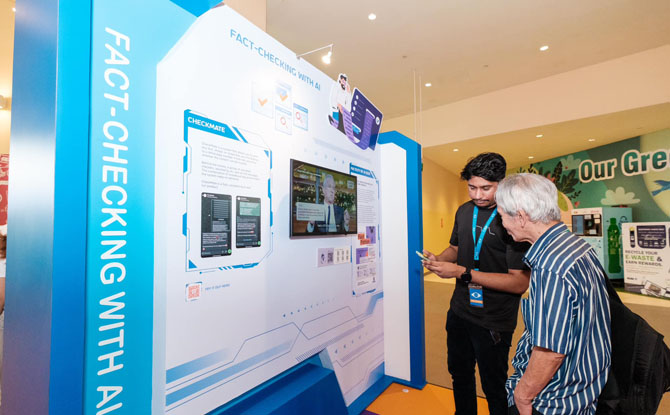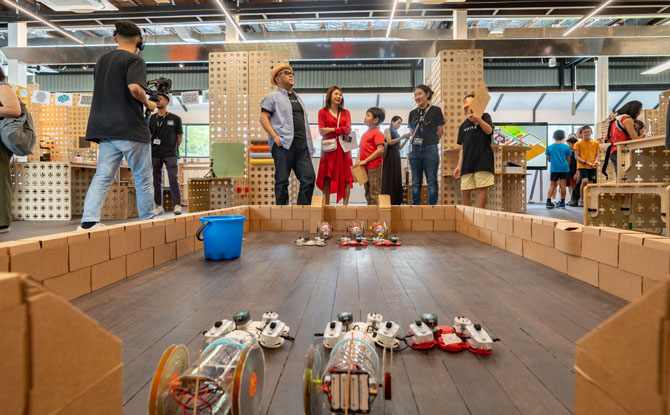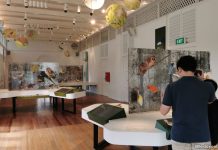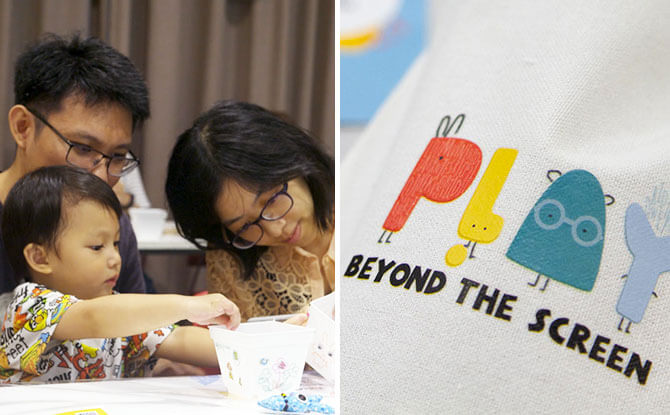

Digital devices are more prevalent than ever in today’s parenting landscape. It is not unusual to find children engrossed in a digital device at a restaurant, and sometimes, as any parent would know, these can be the only moments of sanity in an otherwise unrelenting day.
However, excessive screen time can have unintended effects. This has led one group of undergraduates to launch Play Beyond the Screen, a campaign to share with parents about active mediation of screen time for children between 1 and 5 years old.
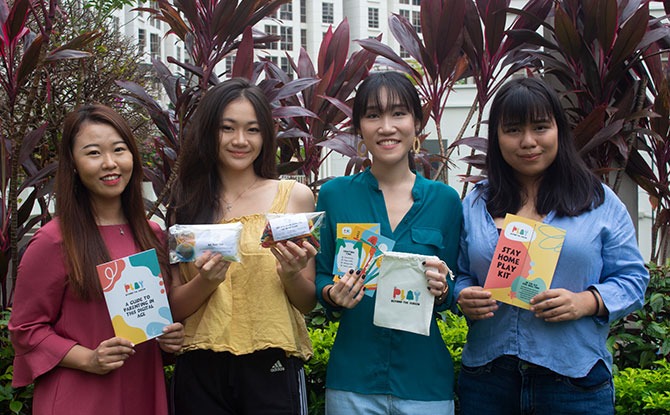

Amelia Lim, Annabelle Woo, Cheryl Pam and Janelle Chew are final year undergraduates from the Wee Kim Wee School of Communication and Information at Nanyang Technological University. Launched in early 2020, their Play Beyond the Screen campaign aims to provide tips and resources for parents to manage their children’s screen time.
Demystifying the Issue of Screen Time
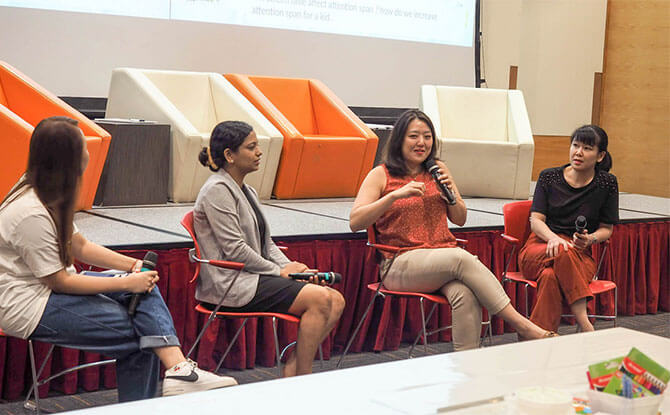

In January 2020, the group organised a panel discussion for parents to demystify the issue of screen time for young children. This featured panellists Dr Aishworiya Ramkumar, Child Development Consultant from National University Hospital, Ms Jasmine Yeo, Principal Psychologist, SBCC Child Development and Ms Chia Min Lee, Early Intervention Programme Manager, SBCC Child Development.
BE PSLE-READY: Join Expert Educators for Revision Boosters to Empower P6 Students
BURP: Join the Sound Collector on a Whimsical Chase at Esplanade – Theatres on the Bay
WEEKEND IDEAS: Get Inspirational Ideas of Things to Do
During the session, the panellists shared how the flashing lights and quick scene changes from certain content can have the effect of overstimulating developing brains in young children.
Furthermore, excessive screen time on digital devices may end up displacing more developmentally appropriate activities for young ones such as practising their language skills and engaging with caregivers.
In fact, in 2019, the World Health Organization went so far as to recommend that infants less than one year old should not have screen time and that children aged 4 and below have no more than one hour of sedentary screen time.
Tips & Resources for Play Beyond the Screen
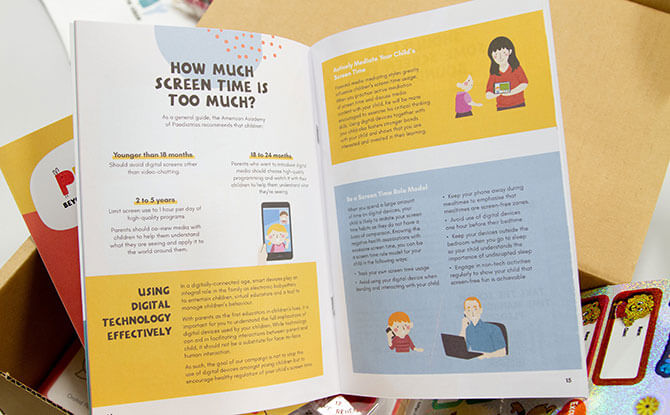

There are amongst the reasons why Play Beyond the Screen aims to highlight ways, besides screen time, for parents to interact with their children.
When asked about what parents can do instead of using a digital device for young children at mealtimes, Amelia shared, “We encourage parents to make mealtimes a family bonding activity. Parents can tell their children a story of how the food came about, roleplay a scenario between a chef and a customer or teach them a song about chewing! To further interest their child, parents can consider using age-appropriate eating utensils that are fun, such as a foodie playground eating plate or a set-a-table eating mat.”
When children get exposed to screen time, the team recommends being selective over the type of shows they watch.
“Well-designed, high quality TV programmes do teach young children literacy, math, science, problem-solving and prosocial behaviour … As children watch such content, parents are encouraged to discuss the content alongside their child for them to get the most out of high-quality TV programmes,” said Amelia.
To this end, the team has put together a list of programming suitable for young children on the Play Beyond the Screen website. Other useful tips and resources they have complied include a Media Plan template, a way for parents to engage children about their screen time habits.
Active Mediation & Interactive Play
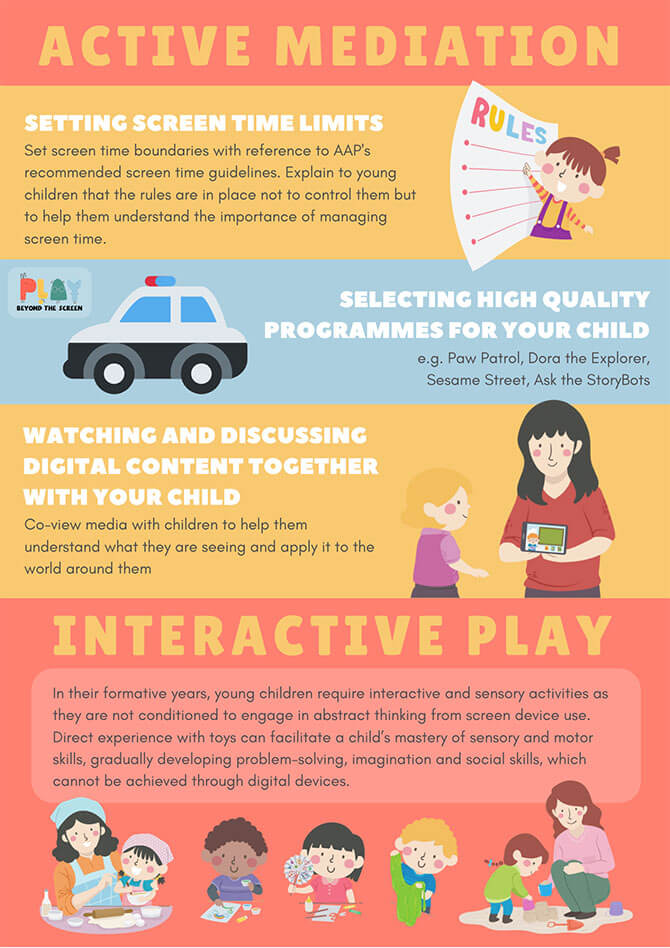

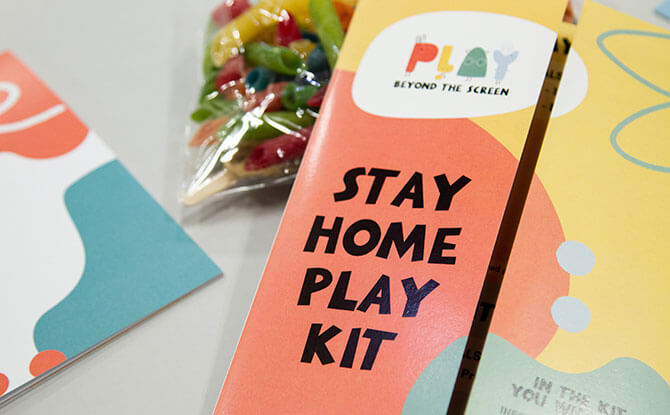

The Play Beyond the Screen team has also put together 700 Stay-Home Play Kits which consists of craft materials and print collaterals that parents can use to engage their children at home. These have been fully taken up but a digital guide on how to make the kit is available online.
There are also plans to release 300 Screen-Free Starter Packs consisting of a Screen Free Adventures Reward Card Deck and informational booklet A Guide to Parenting in this Digital Age.
To find out more, visit the Play Beyond the Screen website.




